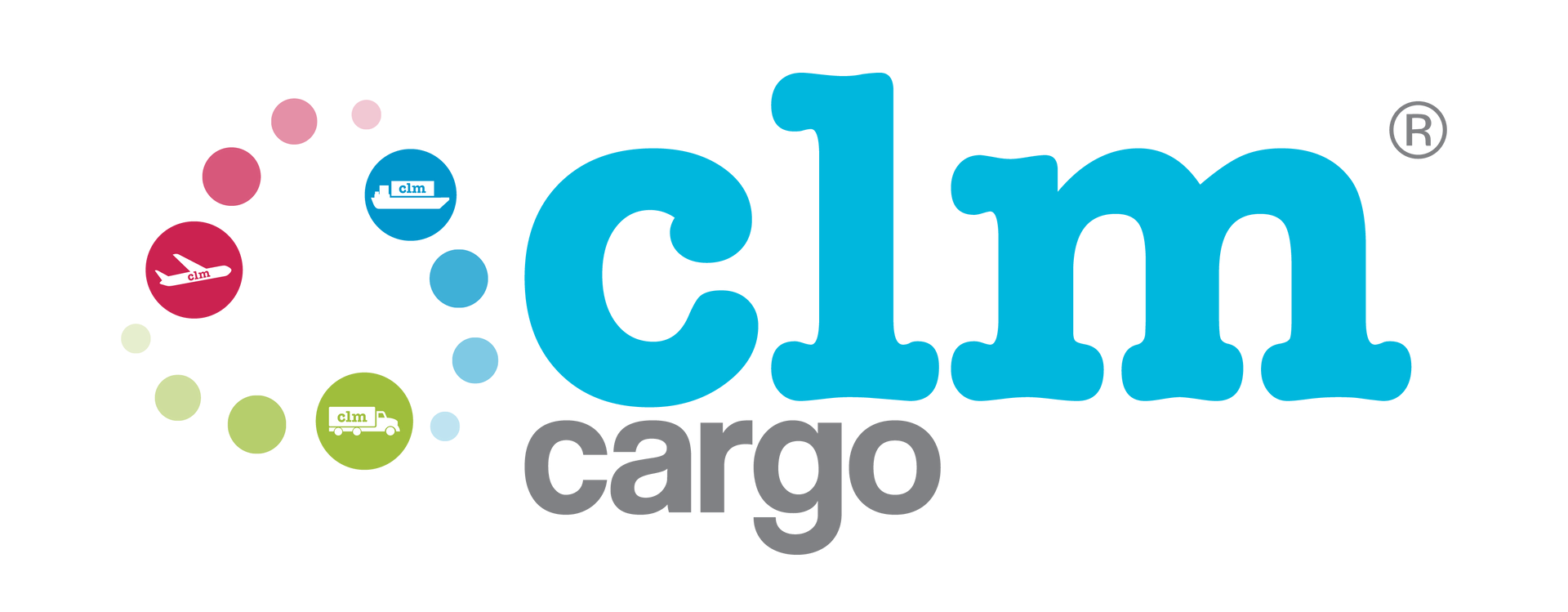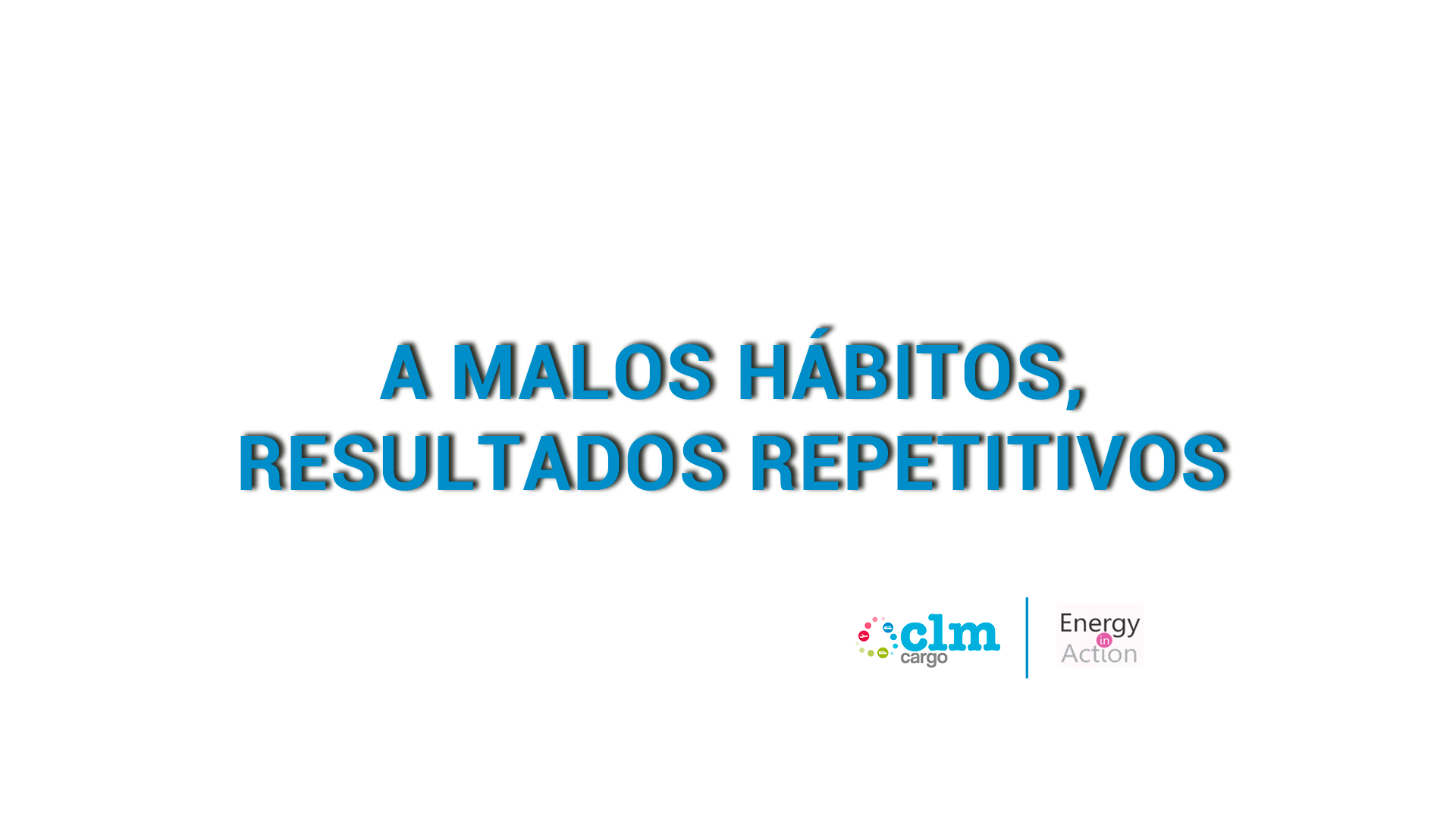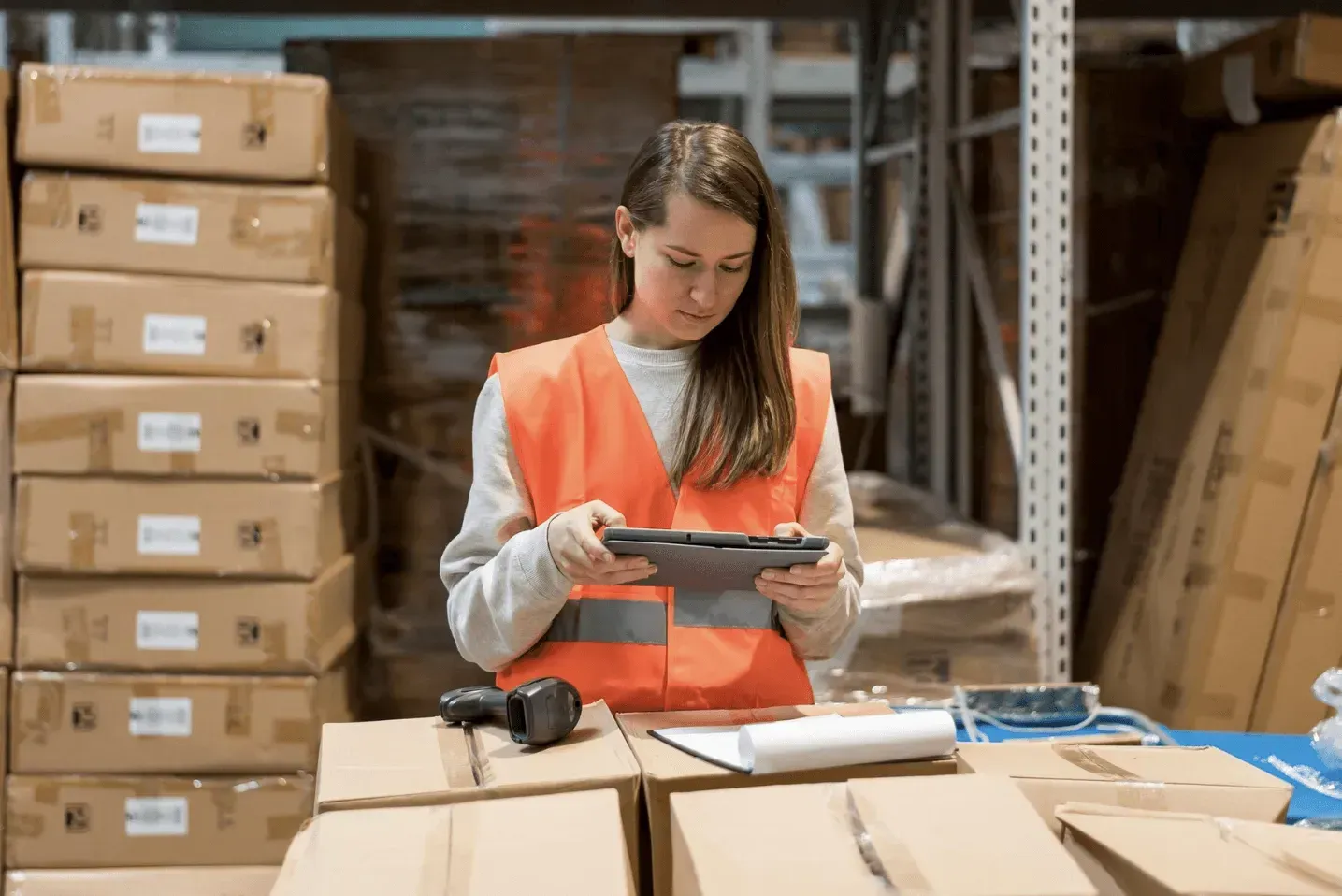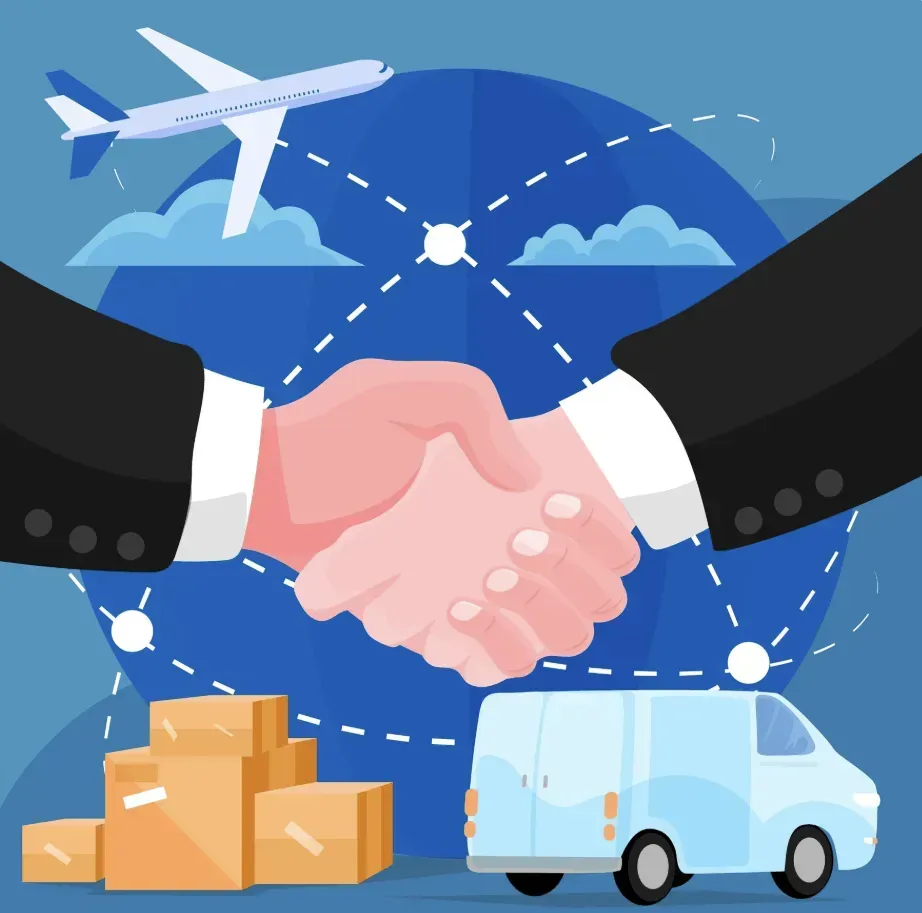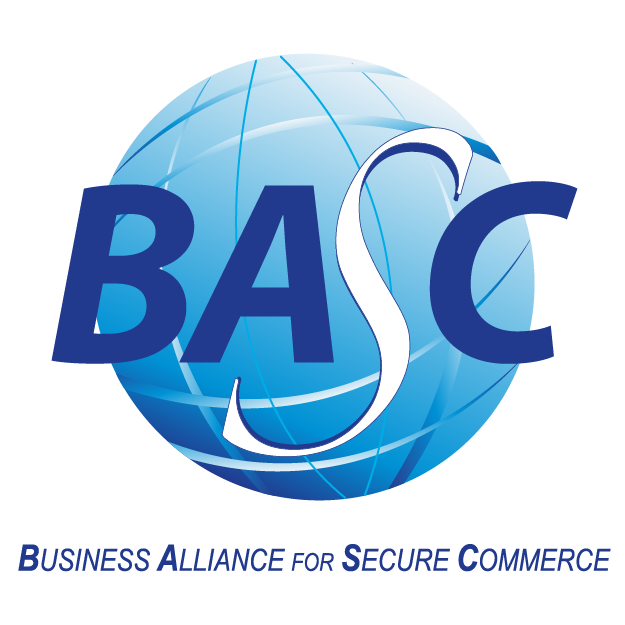Requirements for importation into the United States from Colombia

Importing products into the United States involves complying with a series of government regulations and requirements. Understanding these requirements is crucial to avoid delays or legal issues. From verifying permits to completing accurate documentation, each step is essential for a successful import process. Proper information and the use of official resources are key to streamlining operations.
Official Websites and Import Process Security
Importance of Using Official U.S. Government Websites
Relying on official U.S. government websites—typically ending in .gov—is crucial when sourcing import-related information. These sites, such as those operated by U.S. Customs and Border Protection (CBP) and the Food and Drug Administration (FDA), provide accurate and up-to-date details on necessary import requirements.
Using unofficial or third-party websites can lead to confusion or mistakes. To avoid regulatory issues, always verify that the site is authentic. A simple check of the domain can greatly influence the accuracy and credibility of the information.
Verifying Online Security for Import Transactions
Before submitting any sensitive data or engaging in online transactions, it’s essential to verify that the website is secure. In addition to ensuring it is an official site, confirm that the connection is encrypted—look for the padlock icon in your browser’s address bar, which indicates the site has an SSL (Secure Sockets Layer) certificate.
Avoid entering personal or financial information on websites that don’t display these security features. Online safety is vital for protecting both importers and their commercial transactions.
HTTPS and Secure Import Transactions
HTTPS (Hypertext Transfer Protocol Secure) is an extension of HTTP that incorporates security protocols to protect user data. Websites beginning with “https://” encrypt all transmitted data, making it significantly harder for malicious actors to intercept sensitive information.
When importing goods, always use platforms that implement HTTPS. This not only protects your company’s data but also reassures users concerned about cybersecurity during the import process.
Licenses and Permits for Importing to the U.S.
Products That Require Import Licenses
Not all goods require a license for import, but some are subject to strict regulation. Common categories that often need permits include:
- Agricultural products: Many fruits, vegetables, and animal products require special permits due to health and phytosanitary regulations.
- Pharmaceuticals: The importation of medications and related substances is regulated by the FDA, which mandates proper licensing.
- Dual-use goods: Products with both civilian and military applications are controlled and may require export control licenses.
How to Obtain the Necessary Import Licenses
The process for obtaining import licenses depends on the product type. Generally, the importer should:
- Determine if the product requires a specific license.
- Complete the necessary documentation, which may include specialized forms related to the license type.
- Submit the application to the appropriate government agency, ensuring compliance with all requirements and deadlines.

Consulting Federal Agencies for Product-Specific Requirements
Importers must consult relevant federal agencies to determine whether a license or permit is needed. Each agency enforces its own set of regulations.
Role of Federal Agencies in Product Oversight
Each government agency oversees specific product categories:
- FDA: Regulates the import of food, drugs, and medical devices.
- USDA: Oversees the import of agricultural goods.
- CBP: Handles general customs and monitors the entry of goods into the U.S.
Importance of Contacting the Port of Entry
Communicating with the port of entry helps importers clarify shipment-specific requirements and obtain real-time information on documentation, inspections, and updates. Each port may have slightly different procedures.
Support Services and Documentation
CBP Support Services for Importers
CBP offers a range of support services to assist with:
- Compliance guidance
- Document preparation
- Tariff and customs procedures
- Inspection and clearance consultations
Assistance from Import Specialists
CBP’s Centers of Excellence and Expertise offer:
- Documentation assistance
- Legislative updates
- Regulatory interpretation support
Required Forms and Entry Documentation
CBP Import Forms Checklist
Commonly required forms include:
- Form 7501: Entry Summary
- Form 5106: Importer ID Input Record
- Commercial invoice
- Permits or certificates for regulated goods
How to Complete Entry Forms Correctly
To avoid delays:
- Provide accurate and current information
- Include product details like description, quantity, and value
- Attach supporting documentation
- Submit within 15 business days of shipment arrival
Importer Number and Its Role
The importer number allows for tracking and validation of commercial activities.
Using IRS Business Registration Number
Most importers use their IRS-issued business number for identification.
Alternatives to Importer Number
If unavailable, individuals can use their Social Security Number or request an importer number by submitting Form 5106 to CBP.
Tariff and Tax Evaluation
Assessing Duties and Taxes on Imports
Tariffs and taxes significantly impact the financial feasibility of import operations. Evaluating these costs is essential for maintaining business profitability.
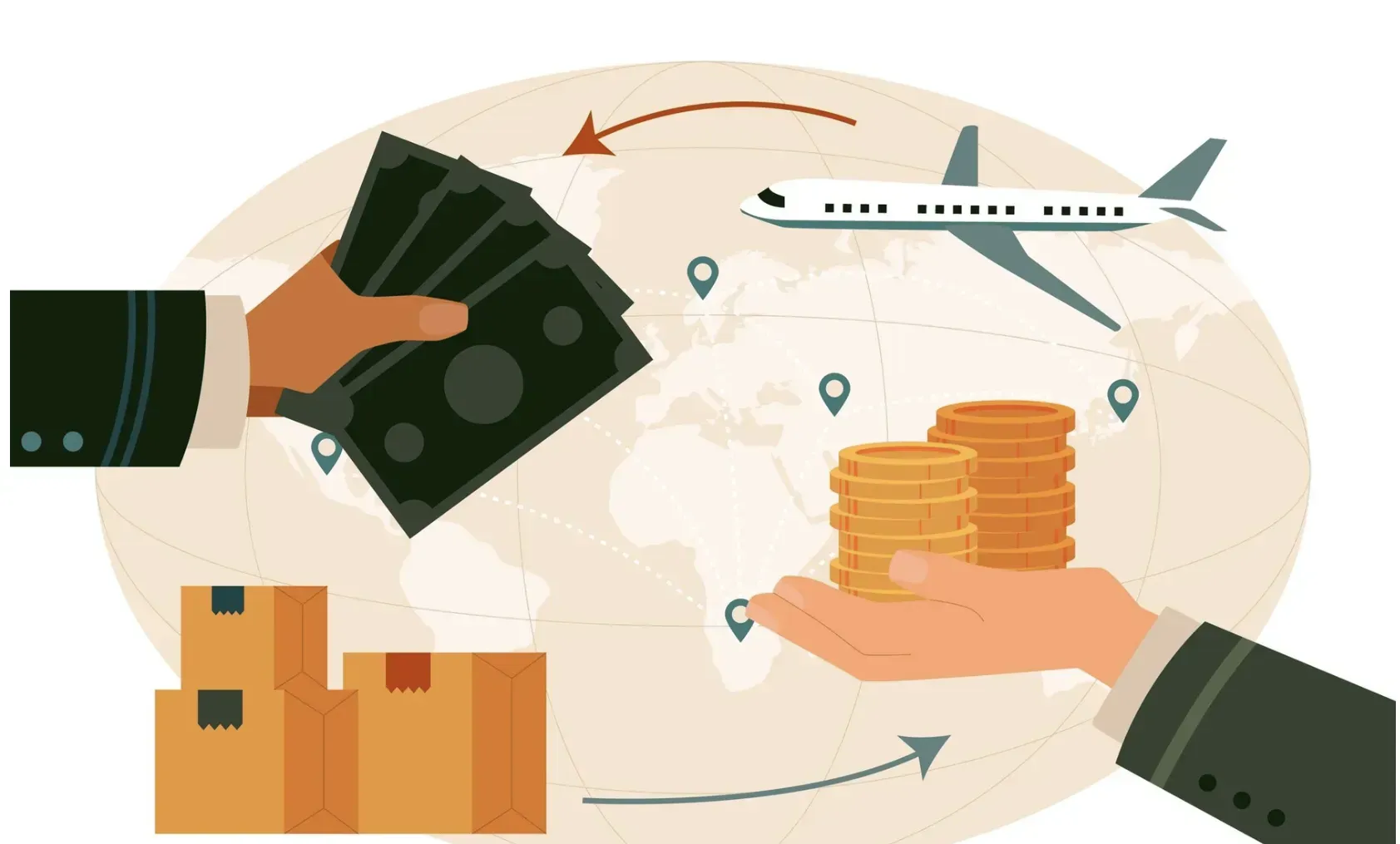
Customs tariffs are taxes applied to goods entering the country. Their rates vary based on product type and origin. Understanding how they’re calculated is critical, as they influence the total import cost.
Types of tariffs include:
- Specific tariffs: Fixed rate per unit
- Ad valorem tariffs: Percentage of the product's value
- Mixed tariffs: Combine specific and ad valorem rates
Tools for Import Cost Calculation
Effective cost management starts with the right tools. Importers can use:
- Government tariff calculators
- Online platforms to simulate full import costs
- Trade consultants to analyze market-specific cost variations
Business Strategy and Tariff Impact
Tariffs influence more than cost—they affect business strategy:
- Adjust pricing to offset added costs
- Reevaluate competitiveness in the U.S. market
- Optimize supply chains to reduce expenses
Small Business Import Resources
Government Support for Small Importers
U.S. Customs and Border Protection (CBP)
CBP regulates and monitors all goods entering the U.S. and offers guidance on documentation, procedures, and restricted items.
U.S. Small Business Administration (SBA)
SBA provides international trade resources and funding programs to support small businesses entering the import market.
Export Assistance Services for Importers
Although focused on exports, many services benefit importers:
- International trade consulting
- Customs requirements education
- Market research tools
Importer Training Programs
Education is key for new importers. Training covers:
- Import laws and regulations
- Customs procedures
- Legal and tax considerations
These programs are typically offered by government agencies and trade associations to help business owners manage imports effectively.



